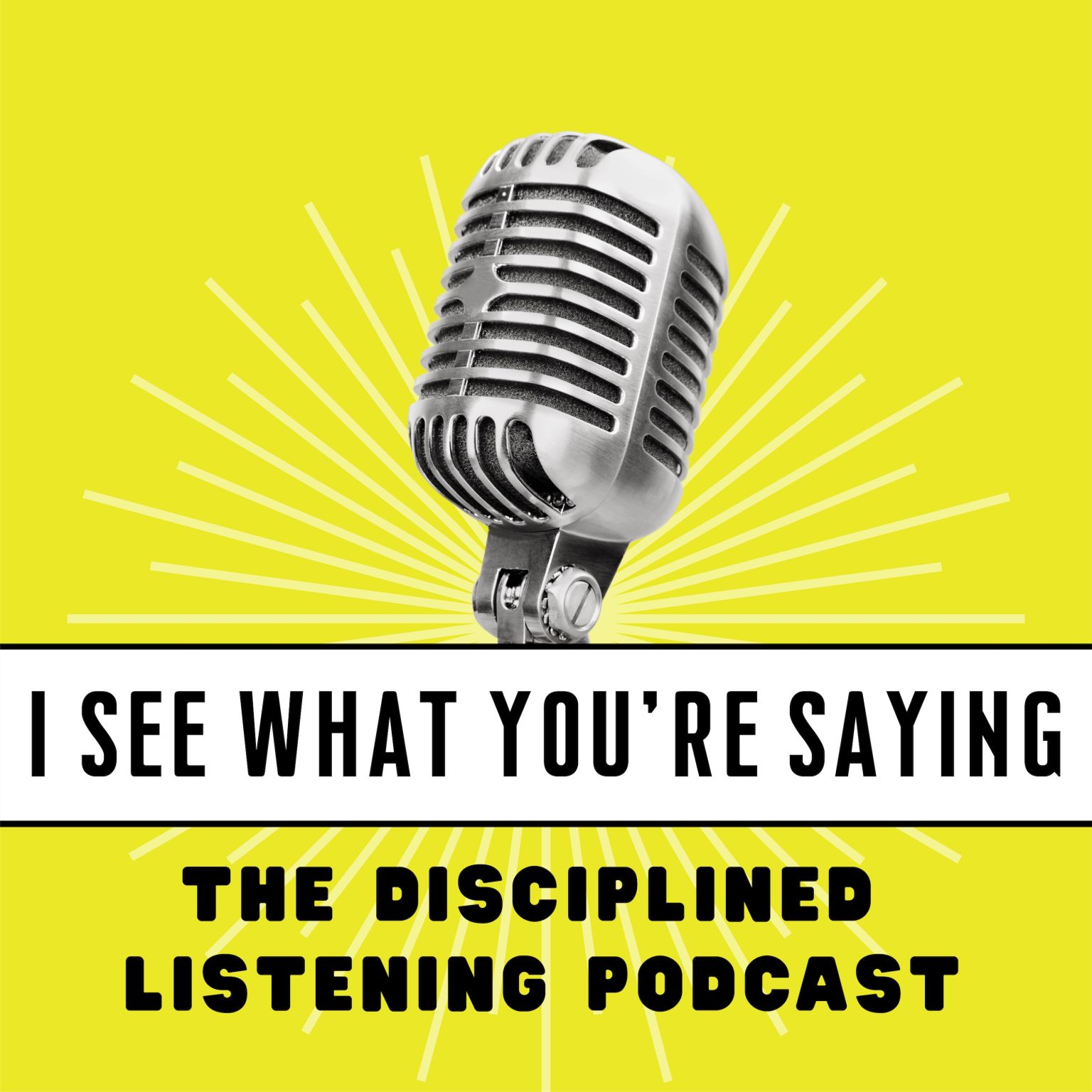 By Michael Reddington, CFI. Michael is an expert at moving people from resistance to commitment. He is President of InQuasive, Inc., and author of The Disciplined Listening Method.
By Michael Reddington, CFI. Michael is an expert at moving people from resistance to commitment. He is President of InQuasive, Inc., and author of The Disciplined Listening Method.
As a Certified Forensic Interviewer and executive resource one of my foremost goals is to uncover hidden value in all of my high-impact interactions. These interactions may include investigative interviews, negotiations, leadership communications, and family conversations.
The hidden value I seek is often unintentionally leaked into conversations through facial expressions, behavior shifts, specific word choices, and shifts in verbal delivery. Observing these changes as they occur can reveal what another person is thinking and feeling within the context of any conversation.
For me the goal is not to detect deception. It is to understand what someone else is experiencing, so I can adjust my perspective and approach to help me obtain the truth or achieve my goal.
Dr. Matsumoto’s research and Humintell’s training have proved to be foundation resources for my skill development.
I first met Dr. Matsumoto at the inaugural International Association of Interviewers’ Elite Training Day. I was captivated by his presentation and impressed by his accessibility at the event.
We occasionally kept in touch over the intervening years and over time I delved further into his research and writing. I was thrilled when he volunteered to provide feedback on the manuscript for my book, The Disciplined Listening Method, which draws heavily from his research.
As a practitioner, I’m always excited by the opportunity to talk with research scientists, learn more about their work, and gain additional insights. I was grateful when Dr. Matsumoto agreed to be one of the first guests on my new podcast, “I See What You’re Saying”. The sixty-minute conversation flew by and I was thankful for all of the stories and ideas he shared.
One of my favorite take aways from our conversation was Dr. Matsumoto’s focus on leveraging observations to identify someone’s mental state. Yes, catching someone trying to deceive you can certainly be a bi-product of this approach, but it isn’t focus. The focus is on identifying a person’s mental state by observing shifts, or changes, their communications. I found this separation to be paramount.
I was also struck by Dr. Matsumoto’s emphasis on the importance of improving our own capacity to breathe. Our ability to maintain our composure is a significant indicator of potential success in all our high value interactions. It can be extremely difficult to recognize someone else’s shifting emotions, solve problems, generate agreements, or obtain the truth if we can’t control our own emotions.
Of course, it was great to hear Dr. Matsumoto talk about some of his favorite research projects. Hearing some of the behind-the-scenes details of his studies into the emotional expressions of blind athletes was a unique opportunity.
Listening to him summarize relevant research studies from other scientists was an unexpected learning opportunity. I had never taken the time to stop and think how quickly we react to stimulus around us and that we’re often reacting before we truly understand what we are reacting to.
Perhaps selfishly, I was also thrilled to have the opportunity to weave the topic of martial arts into our conversation. It has been well documented that people who practice martial arts experience a long list of additional and unexpected benefits.
Dr. Matsumoto’s Judo experience, culminating in his role as an Olympic Judo Coach and induction into the United States Judo Federation Hall of Fame, make him the perfect person to share some of these additional benefits. Concepts including enhanced observation skills, problem solving skills, confidence, and an increased capacity to breathe were among those he took the time to illustrate.
Once again, thank you Dr. Matsumoto for taking the time to join the podcast and share your experience and insights. His research, perspective, and communication approach embody the core tenants of the Disciplined Listening Method.
To hear the whole conversation please click the links below.